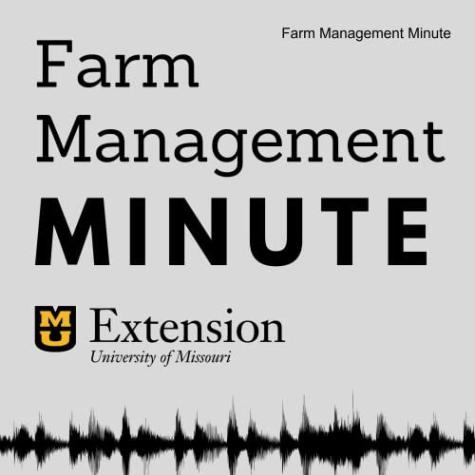COLUMBIA, Mo. – Farms constantly adapt to become more productive and successful. As you reflect on farm activities through this summer, consider these news and notes from University of Missouri Extension. They can help you keep your farm safe and plan a profitable, sustainable future.
Avoid summer forage slump with native warm-season grasses
Warm-season grasses grow best during the summer when cool-season species are not as productive. You can choose a warm-season seeding mix to maximize forage production, enhance wildlife habitat and meet cost-share program requirements, says Katie Neuner, MU Extension agricultural business field specialist.
Establishing warm-season species usually begins with a fall burndown and seedbed preparation. Up to four years may elapse between planting and full production.
You can download MU Extension’s native warm-season grass planning budget to estimate the costs to prepare, establish and maintain warm-season species. Access the budget template at mizzou.us/MissouriAgBudgets.
Family farm business transfer takes both an estate plan and a succession plan
Don’t mistake an estate plan for a succession plan when preparing how to transition a farm from one generation to another, says Wesley Tucker, MU Extension agricultural business field specialist.
Tucker says an estate plan describes how to split a farm’s assets among the heirs after the owner passes away. However, an estate plan doesn’t explain how heirs should use the assets to keep the farm going.
To prepare the farm for continued operations, a farm needs a succession plan. Within the succession plan, a farm owner sets goals for slowly transitioning farm management responsibility to heirs. During the succession process, the senior operator prepares to become a farm mentor instead of the chief decision-maker.
Comply with the Worker Protection Standard to ensure employee safety
The Environmental Protection Agency’s Worker Protection Standard (WPS) is intended to keep agricultural workers and pesticide handlers safe from pesticide poisoning and injury. Agricultural economist Ryan Milhollin says the standard requires employers to focus on three areas:
1. Eliminate worker exposure to pesticides. This requires taking steps such as providing personal protective equipment and creating restricted-entry intervals for treated areas.
2. Mitigate pesticide exposure. Farms should adopt practices such as implementing restricted-entry intervals and providing decontamination supplies.
3. Inform workers. Farms should build awareness of pesticide hazards. That includes providing pesticide safety training.
Learn more about these and other WPS requirements at mizzou.us/WorkerProtectionStandard.
Do your due diligence before starting a value-added agricultural business
To decide whether a value-added business idea will be viable, create a feasibility study and navigate your idea’s risks, costs and opportunities.
In a feasibility study, answer questions such as “Who are your target customers?” and “What problem of theirs will you solve?” MU Extension assistant professor Mallory Rahe says that by knowing these details, you can hone your product’s pitch.
As you conduct a feasibility study, estimate expenses and develop a pricing strategy that accounts for what your competitors charge. Adjust your product idea as you balance profitability expectations, regulatory requirements, working capital availability and consumer demand.
Read more about evaluating value-added agricultural business ideas at mizzou.us/AddingValue.
These news items first aired as part of the University of Missouri Extension Farm Management Minute, broadcast each week by radio stations throughout the state. For a list of stations that run the Farm Management Minute, visit muext.us/FarmManagementMinute, or follow the series on Podbean, Amazon Music, Audible, iHeartRadio or Spotify.
